Her voice shaking with emotion, Dr Sara Townend stood in the grounds of Parliament House on October 15 last year and delivered a short speech to the waiting press. She had just delivered a letter with the signatures of 5687 doctors from all over Australia in support of the so-called medevac bill to get sick children off Nauru. “The situation is a medical emergency and demands an emergency response,” she said. The letter represented a huge achievement – in just one weekend, Townend and a colleague had gained the support of 5 per cent of all medical practitioners across Australia.
“The letter was written and posted at 9pm on a Saturday night, with a deadline of 5pm on Monday,” Dr Sara Townend says now. “When I woke up at 6am on Sunday, there were already a thousand signatures. Every time I looked there were a few hundred more. By 5pm Monday, 6600 had signed. It was an exhausting and humbling 45 hours.”
In a bid to reach as many colleagues as possible, Townend and Dr Neela Janakiramanan used every contact they could, including posts to social media networks and groups. “Social media groups, including for women doctors, were supportive in signing and sharing across Australia,” she says.
When I woke up, there were already a thousand signatures
If anyone underestimated the influence of social media groups in Australia, the doctors’ petition proved a powerful rejoinder. Over 10 million Australians use facebook, and 83 per cent of all facebookers are a member of at least one group. And while many of these groups are small and devoted to quite esoteric interests (Crap Bird Photography being a particular favourite), others have huge reach. Both politically and professionally, they can wield considerable influence.
Like Minded Bitches Drinking Wine, for example, recently surpassed 100,000 members, after just three year and a half years in existence. Compare that figure with, say, the total membership of the Liberal Party (over 80,000) or the Labor Party (over 50,000) – and these Bitches are very engaged, with over a hundred posts and comments every day.
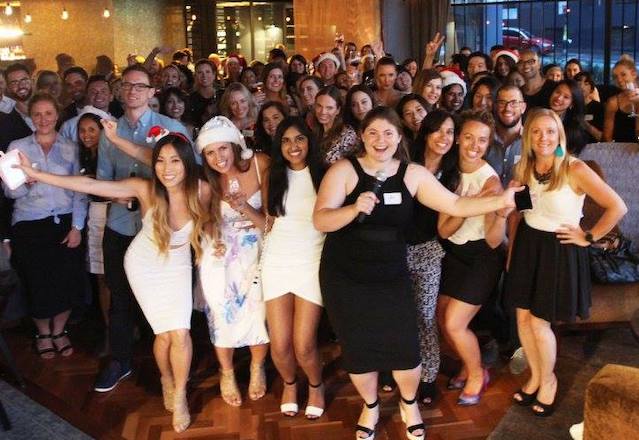

LMBDW’s head of moderating, Camille Lascai attributes the group’s success to businesswomen’s desire for support and connection in a world that can still seem like a bit of a boys’ club. “Women share tips and advice, and they help each other,” she says. “Just last week one of our members posted about losing all of her company’s product in a warehouse fire. You could see the community rallying round her with offers of services, business coaching and just general words of encouragement.”
Similar tales have emerged from other groups, such as Annabel Crabb and Leigh Sales’ Looks 3 Chat 10-inspired group, where “chatters’ (as they’re known) are renowned for their acts of kindness. Famously, some members helped a recently widowed woman glam up for a wedding, while others returned an errant pigeon halfway across the country. The group’s sense of community appears so uniquely strong that a researcher is writing a thesis on it.
Women share tips and advice, and they help each other
While most of these groups are easily discovered and joined (although Looks 3 requires prospective members to answer a quiz proving their knowledge of the podcast), other groups are much harder to find. They’re known as “secret” groups, and they aren’t discoverable via search on the site. The only way to join is to secure an invite from a friend who’s a member.
On February 12 this year, the medevac bill was passed in the House of Representatives, and Professor Kerryn Phelps MP, who had championed the bill since her election, tweeted her thanks to “all of the many people who contributed to this remarkable community campaign.”
“Social media groups have been incredibly generous in supporting its members through life events and for important issues like the refugees,” says Townend. “We can do something quickly and with good effect.”
Below, we asked three women to spill the beans on the groups they run…
Camille Lascai heads the moderating team for Like Minded Bitches Drinking Wine, which has 102k members
So, when and how did LMBDW start?
It was started by Showpo founder Jane Lu and Oneshift founder Gen George towards the end of 2015 – there’s a photo here in the office of the first meeting: three tables pulled together at the back of a restaurant, with other diners looking on angrily. I think they were making a lot of noise.
What was the aim of the group?
Initially, it was started for women in the entrepreneurial space, who were looking for other women to inspire them and learn from. Jane and Gen were both working in their own businesses and finding it lonely, and wanted to connect with likeminded women who were career-driven and hustling, working to better themselves. So that’s where the ‘likeminded’ comes from.
And the rest of the name?
Well, the bitches is about us owning the label – yes, we are bossy and forthright; straight-talking, not fluffy. People do struggle with it but you’re never going to get a community for everyone. Drinking wine signals the social component, and it’s about having fun along the way.
How do you moderate such a massive group?
We have a team and we trust each other. The group scaled really quickly, and things degenerated, with instances of threats of self-harm, defamation lawsuits between members, it was a minefield – so we had to introduce guidelines. But one of the reasons we scaled so fast was the unique nature of the group, which started offline and then really came together online. It was the perfect convergence of the two.
What lies ahead?
A big party to celebrate 100k members! You can buy tickets now. There’s a lot of user-generated content happening already and I can see that developing – for example, when Instagram releases a new function, someone will invariably post advice about how to manage it and incorporate the changes into your own marketing plans, all for free. We’re not interested in generating a revenue stream from the group – that’s not our focus.
Any tips for posting if you’re asking for advice?
Be specific! Don’t write ‘I need a coach!’ but instead provide details that will help members to help you; what’s your role and business type, your objective, where you’re located and if you’d like to meet in person. Otherwise, you’ll be wading through a lot of well-meaning but not-that-helpful responses.
Kaitlyn Pilkington founded Vegan Gals Australia in January 2018. The group has 9,368 members
Why did you start the group?
I decided to start the group as I was already a member of a few other ‘girl advice groups’ with thousands of members, but I didn’t feel comfortable in there as a vegan. There was a lot of negativity towards veganism, and it wasn’t safe to talk about veganism, or to try to find other vegetarian or vegan girls to connect with in the group. As there’s another large vegan group (Vegans In Australia) that allows both genders, we decided to differentiate ourselves by offering something that didn’t yet exist: a safe, inclusive group for vegan females. We have always been accepting of non-binary and trans women, too.
Were you surprised to attract such a large membership – over 9000 is pretty good?!
I was definitely surprised! The first day it was created, I remember reaching 100 members in an hour and running over to my sister (also vegan) to tell her. I was so overwhelmed with the response. It was so rewarding knowing that I was supplying something of value to so many women. We now average around 20 requests a day!
Was there a moment that has made you feel proud to have brought these women together?
This is a more difficult question for me, as I don’t like to take credit for what VGA is and has become. I’ve always felt our members are the reason for the success – they are the ones who make the group a beautiful, safe environment for vegans, vegetarians, pescatarians and even just interested omnivores. We hold meet-ups every month or so in almost every major city. We also constantly get posts from gals stating we’ve helped them take the leap into veganism, and they now want to know our favourite recipes! Seeing the group change someone’s life for the better is so fulfilling.
In 2015, art director Leah Akritidis started Inner West (Melbourne) Mums, Dads and Bubs, Buy Swap Sell, which now has over 5500 members
Why did you start your group?
Four years ago, my youngest started school and I was officially out of little-people years. Our wardrobes, toy boxes and furniture all needed an overhaul, so as the end of first term neared, I boxed up all those once-treasured items and, in the absence of a child specific BSS page in the inner west, I created one. The “Inner West (Melbourne) Mums, Dads and Bubs, Buy Swap Sell” FB page now functions as a strong community of bargain-hunting young parents doing their bit in the war against waste, while simultaneously providing their children with goods and services on the cheap.
Did you use any techniques to grow membership, or was it purely word of mouth and search?
The “Inner West (Melbourne) Mums, Dads and Bubs Buy Swap Sell” name leveraged off the already popular “Inner West (Melbourne) Buy, Swap & Sell” and obviously appeared high in searches whenever anyone was seeking the latter. I dare say that it didn’t take long for facebook algorithms to suggest the Bubs page to regular users of the original BSS page. That, along with a massive community of bargain-hunting young parents in the area, means numbers just keep growing.
Does it take much time to run?
I’ve chosen a passive, organic approach to marketing as I believe a community page can only grow authentically if, as an administrator, you let go and let the community create its own vibe and purpose. So I don’t advertise it on other pages, but just provide a locus for the community to come together and grow.
Why do you think female-focused groups go so well on facebook?
I think women who have left the workforce to raise children can quickly feel isolated and disconnected. Online forums and community pages serve as a sense of support and connection to the outside world. Even better if the community is localised geographically and can be the catalyst for real-life meet-ups. You can now find ‘your people’ from the comfort of your couch in a matter of seconds.




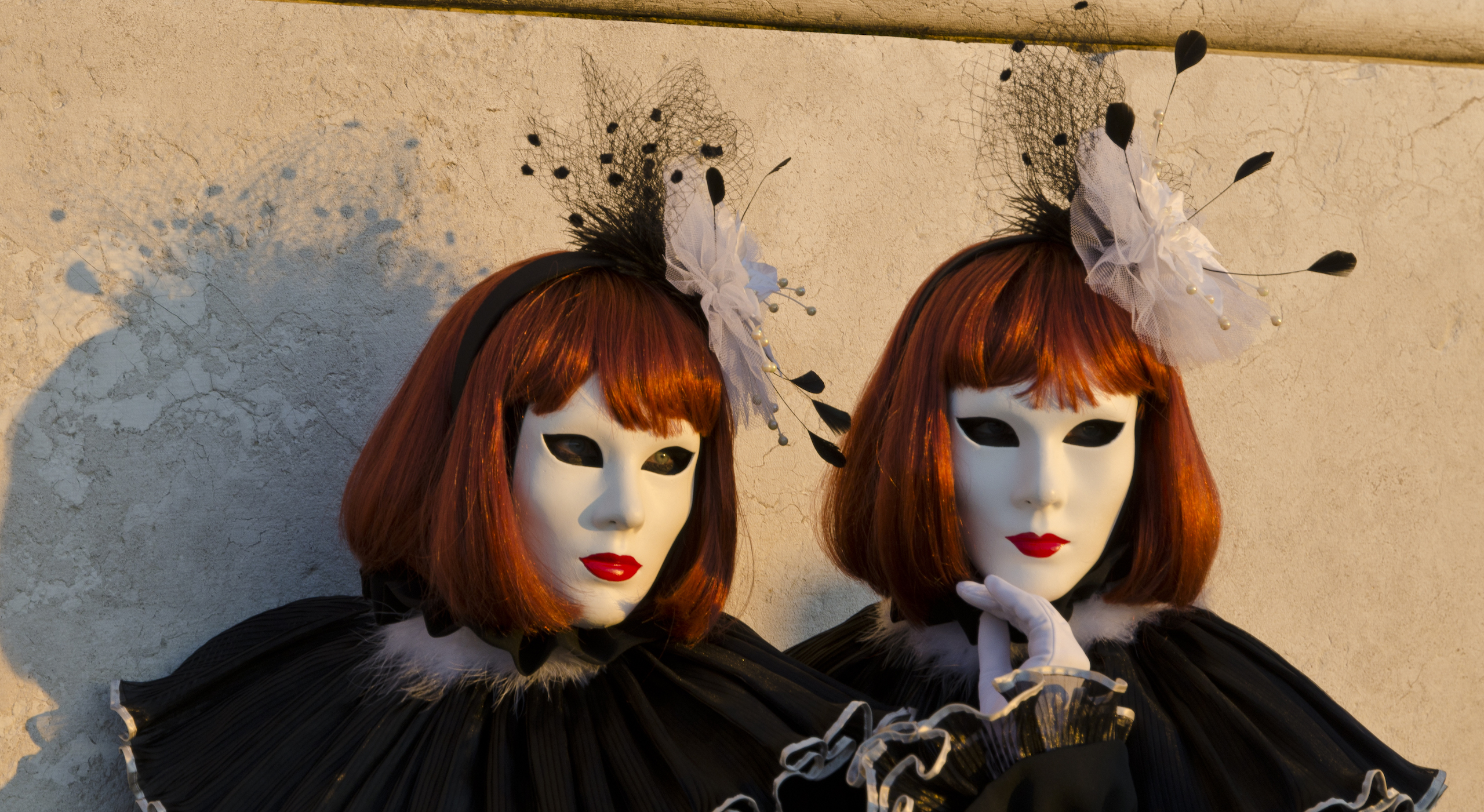
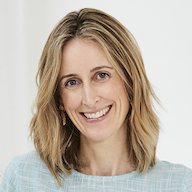


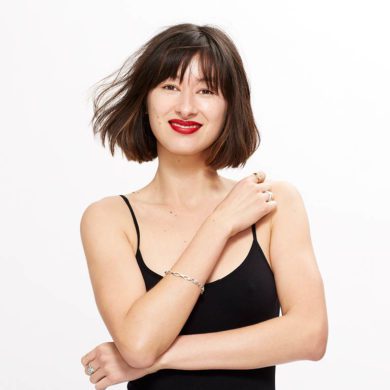
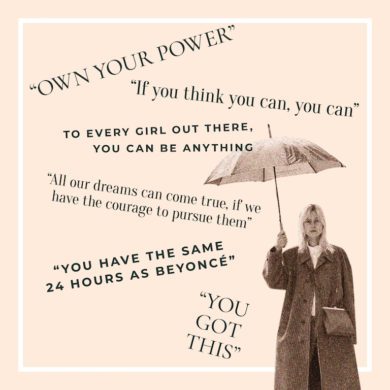

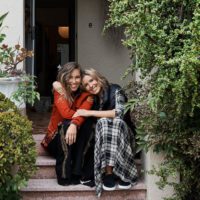

No Comments